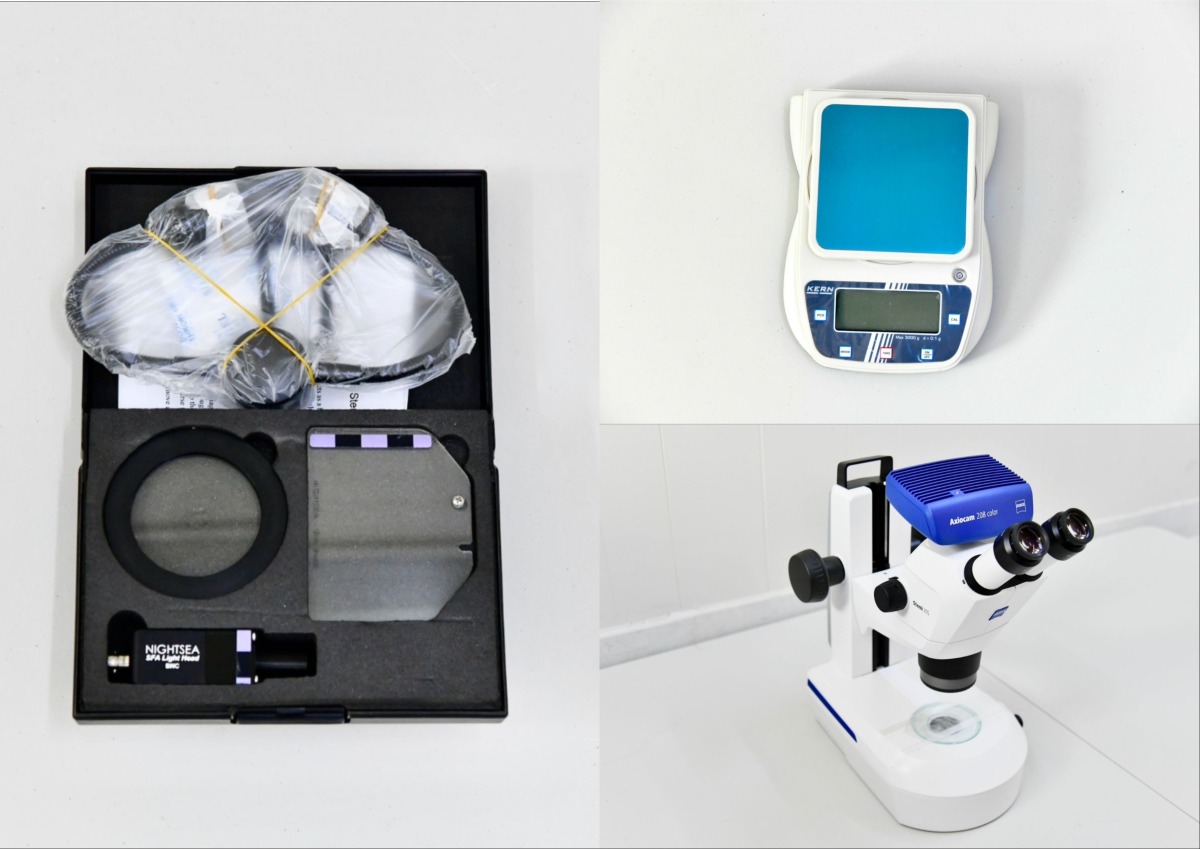The Ministry of Environment and Climate Change in Doha, Qatar, recently announced its collaboration with the International Atomic Energy Agency (IAEA) to develop environmental monitoring programs. This partnership is part of the regional project “RAS7038,” which focuses on monitoring the marine environment and understanding the impact of marine plastic pollution. Through this collaboration, the Ministry aims to enhance its environmental monitoring methods by participating in international training courses to learn about the latest technologies and protocols for collecting and analyzing samples from marine environments and soils.
As part of this collaboration, the Ministry has received new equipment and tools to begin implementing the initial phases of a microplastic particle monitoring program. The goal of this initiative is to enhance the exchange of information and scientific expertise to ensure the protection and sustainability of the environment. By monitoring plastic particles in the marine environment, the Ministry hopes to gain a better understanding of the extent of plastic pollution and its impact on marine ecosystems. This information will be crucial in developing effective strategies to combat plastic pollution and protect marine life for future generations.
The Ministry’s partnership with the IAEA highlights the importance of international cooperation in addressing environmental challenges such as plastic pollution. By working together with international organizations, the Ministry can access the latest technologies and expertise in environmental monitoring, allowing them to improve their monitoring methods and better understand the impact of pollution on the environment. This collaboration also demonstrates Qatar’s commitment to environmental protection and sustainability, as it seeks to enhance its monitoring efforts and develop effective strategies to combat plastic pollution.
Through its collaboration with the IAEA, the Ministry of Environment and Climate Change in Qatar is taking proactive steps to address the issue of marine plastic pollution. By developing a monitoring program for plastic particles in the marine environment, the Ministry is demonstrating its commitment to protecting the environment and ensuring its sustainability for future generations. This initiative is part of ongoing efforts to enhance environmental monitoring methods and exchange scientific expertise to better understand the impact of pollution on marine ecosystems. By working with international organizations like the IAEA, the Ministry is able to access the latest technologies and protocols for collecting and analyzing samples, allowing them to make informed decisions to protect the environment.
As the Ministry receives new equipment and tools to implement its microplastic particle monitoring program, it is taking important strides towards improving its environmental monitoring efforts. By investing in the latest technologies and training programs, the Ministry is positioning itself as a leader in environmental protection and sustainability. This initiative will not only help Qatar better understand the impact of plastic pollution on marine ecosystems but also contribute to global efforts to combat plastic pollution and protect the environment. By collaborating with international organizations like the IAEA, the Ministry is able to access the expertise and resources needed to develop effective strategies for monitoring and addressing environmental challenges, ultimately ensuring the protection and sustainability of the environment.
In conclusion, the collaboration between the Ministry of Environment and Climate Change in Qatar and the International Atomic Energy Agency represents a significant step towards addressing the issue of marine plastic pollution. By developing a monitoring program for plastic particles in the marine environment, the Ministry is demonstrating its commitment to environmental protection and sustainability. This initiative is part of ongoing efforts to enhance environmental monitoring methods and exchange scientific expertise to better understand the impact of pollution on marine ecosystems. Through international cooperation and the use of cutting-edge technologies, the Ministry is taking proactive steps to protect the environment and ensure its sustainability for future generations.











